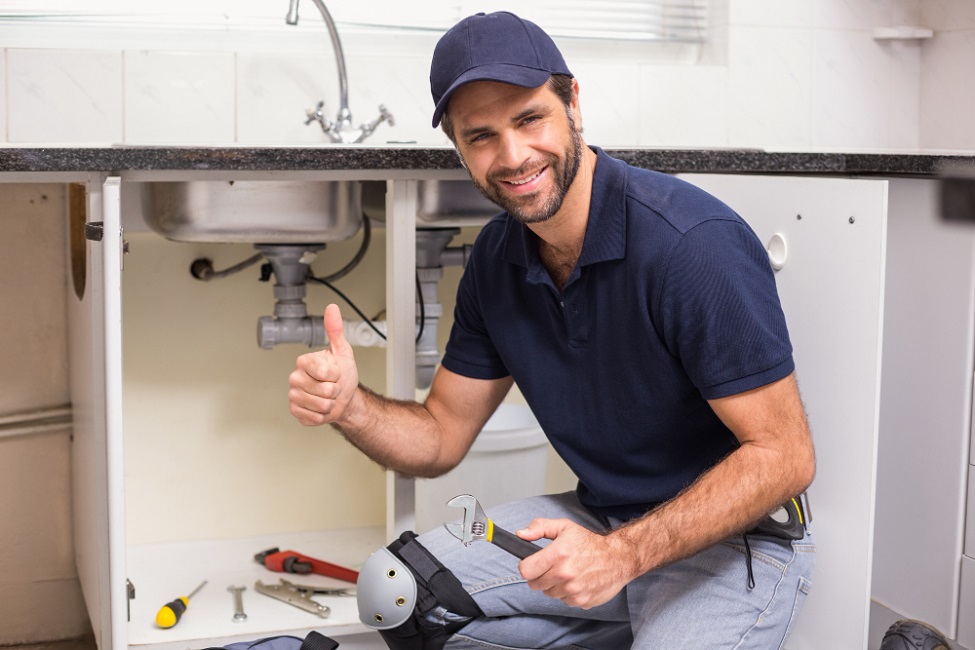For many homeowners, the household plumbing doesn’t receive much thought on an everyday basis unless there’s an issue. When it does act up, the results are generally attention-worthy from pipes bursting to rusty water flowing from the water heater to a toilet that backs up. Problems like these need instant repairs but have the potential for prevention with the required plumbing maintenance and adequate upkeep. As a homeowner, these things are part of the responsibility and neglect leads to rapid deterioration.
Plumbing Emergency Tips Before Expensive Damages Occur
Damages related to the plumbing in the home can involve considerable expense, but they have the potential for prevention with the proper care. Even in the most well-maintained household though, such as severe winter weather or small children putting things into drains where it’s critical to call in an emergency plumber in Boca Raton to repair what will be unfortunate consequences.
Plumbing is something that should be set aside for professionals instead of attempting DIY fixes, particularly if you have no experience in the practice. But there are plumbing emergency tips to help you prevent emergencies and aid you in recognizing problems, so you know when to make the call.
01. Always be Mindful of Leaks
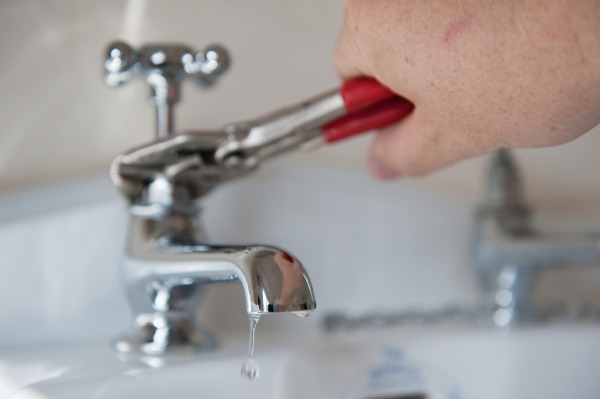
Each time you prepare to use a faucet, check the fixtures for leaks. It will become a habit, making upkeep part of your routine. Another way of noting a potential leak is a spike in the water bill that seems out of the ordinary. The tiniest leak can ultimately lead to a significant, costly problem when it goes unnoticed. Other warnings to watch for include paint peeling, a loose toilet, stained walls from moisture and musty smells.
02. The Toilet Needs Supervision
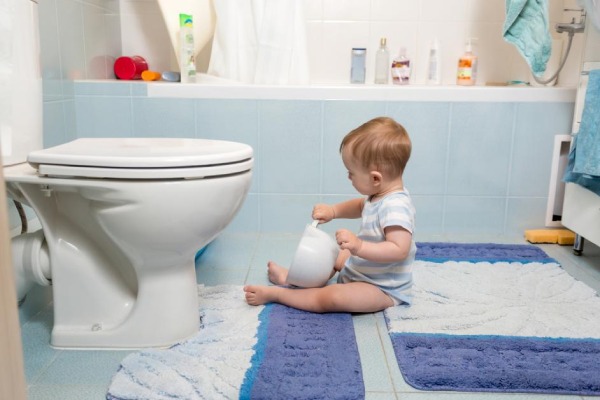
Anyone with petite children knows the toilet is fair game for toys of any shape or size despite the number of times the parent scolds said child or the courteous plumber pleasantly speaks to said child. Nothing should go inside the toilet except for the appropriate paper and, of course, the bodily excrement. Even the paper needs a proper amount so as not to overindulge the system. Anything like the kids’ toys or feminine hygiene products or the deceased goldfish have the potential to damage the plumbing system.
Not only that, but many people believe that pouring a variety of leftover oils or fats into the commode or down the garbage disposal is much more convenient than any other method of removal, but it is also a super way to destroy the pipes. The suggestion is to place it in a container and dispose of it properly. Emergency plumbing advice everyone needs can be read here Emergency Plumbing Tips That Everyone Should Know.
03. The Garbage Disposal is Not a Trash Can
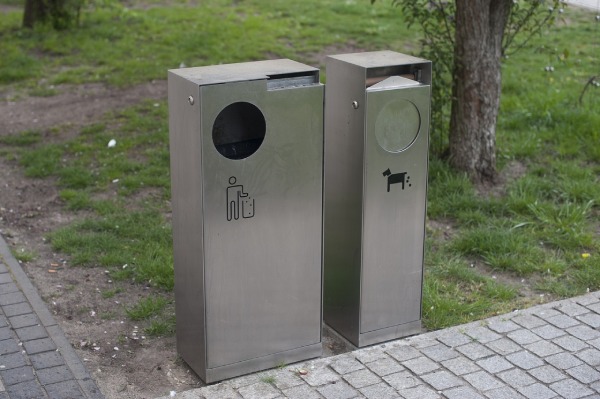
Not everything can be tossed into the garbage disposal despite the implication of the name. Pits pulled from fruit, bones, and things of that nature are far too hard for the blades. Strings comprising corn husks or celery have the potential of getting wrapped up in the unit. Starchy substances will instigate clogs, and trying to grind up nonfood items is just unwise.
The optimal purpose for this system is to process small amounts of food that you don’t finish from your dinner plate or leftovers you clean from refrigerator containers. Other than that, everything else needs to be disposed of in the proper bins or compost.
04. Invest in Strainers for the Drains in the Sinks
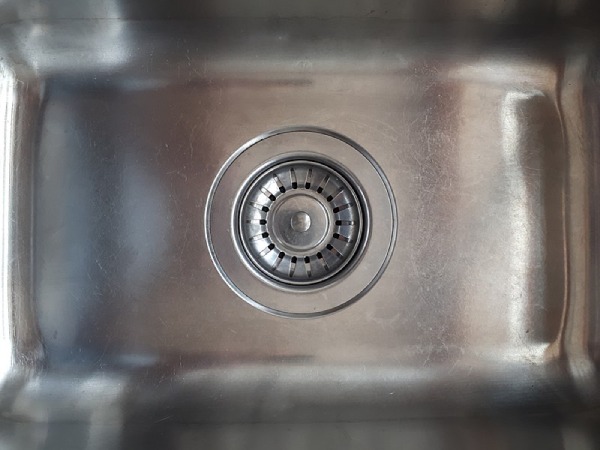
These should go near all the sinks throughout the house in an effort to collect any sort of debris before it goes into the drainage system. A bigger version should go into the tub. Hair can build up quickly and clog pipes. If you develop a clog, avoid using any harmful chemicals to break it up. These are harsh for pipes. The recommendation for minor clogs is to attempt using a ‘snake’ or a plunger to try to dislodge the blockage. If it doesn’t budge, this is one of the instances when a licensed plumber needs calling.
05. Water Shut Off Valve
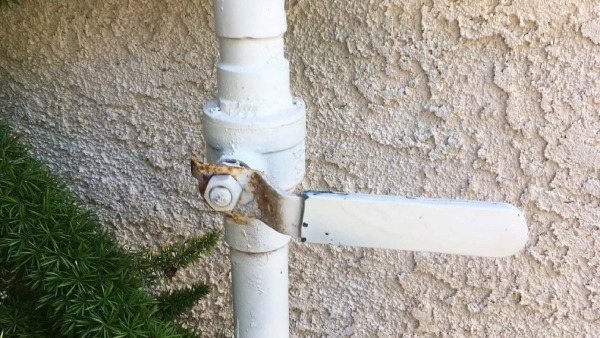
It is vital for all homeowners to know precisely where the water shut off valve is located within the house. If you do experience a plumbing emergency, one of the first things you’ll need to do even before calling a plumber is to shut off the water supply. These can generally be found close to the water meter near the front of the house. If you live in a climate with severe cold weather in the winter, it’s essential to regularly check the handle on the system to ensure that it smoothly turns as they tend to stiffen. Read here on how to react in plumbing emergency.
Conclusion
Following preventative measures and maintaining the health of the plumbing won’t eliminate emergencies from happening. There will always be a possibility. It’s essential to remember to turn the water off and contact a reputable, reliable, and licensed plumber at the first sign of a plumbing problem. You don’t want to wait until the issue becomes a substantial problem because with that comes great expense.
Read other articles related to plumbing system:


